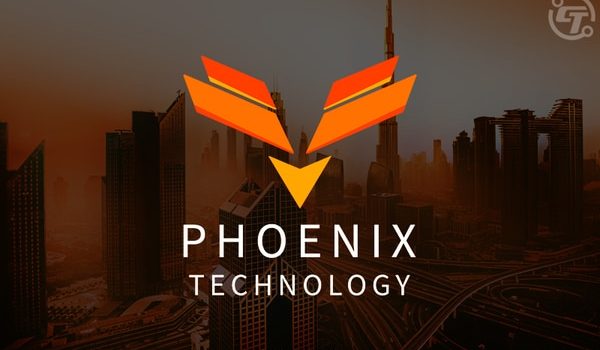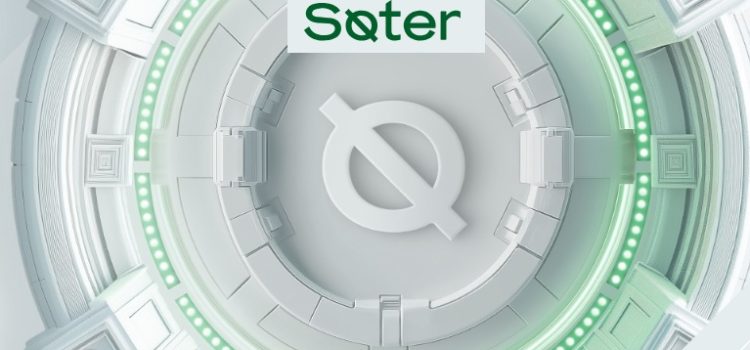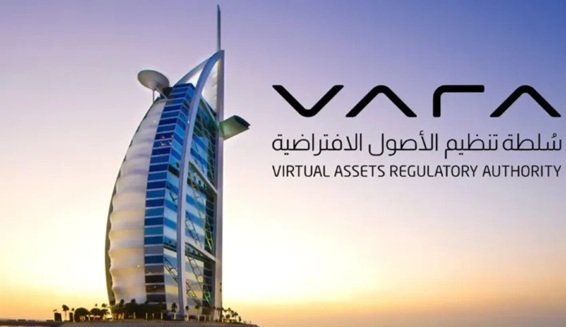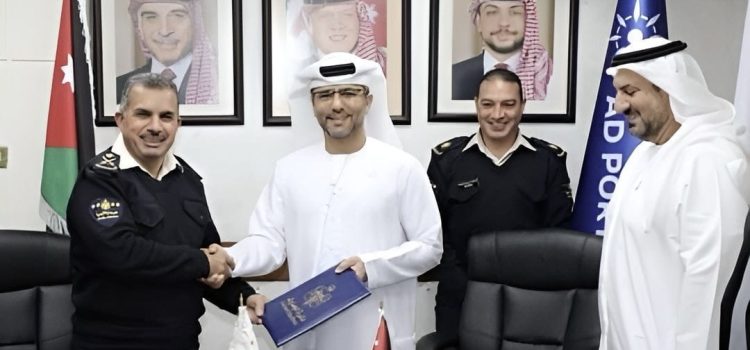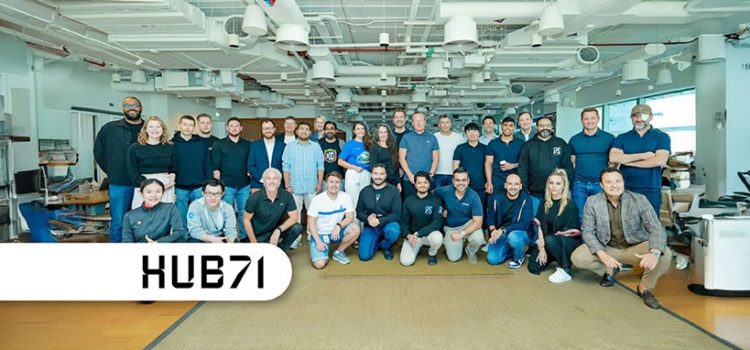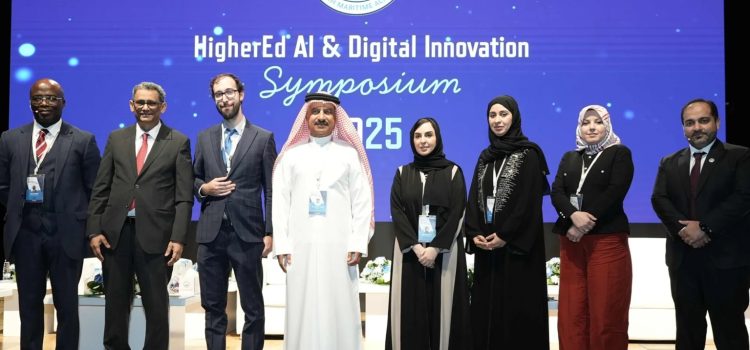
Phoenix Group PLC (ADX:PHX), ADX-listed blockchain and crypto mining entity saw crypto mining revenues of $107 million in 2024, compared to $32 million in 2023 and $5.4 million in 2022. This represents a1852% increase over two years.
The company’s total gross revenue across all verticals reached $206 million. Phoenix Group’s proactive operational efficiencies and strategic initiatives, including global expansion and diversification, have paved the way for sustained profitability and growth.
Commenting on the 2024 results, Munaf Ali, CEO & Co-Founder, stated, “These results are a testament to our unwavering commitment to innovation and strategic growth on a global scale. The past year has been pivotal for Phoenix Group, marked by significant expansion and enhanced profitability. We are not simply navigating the digital asset revolution – we are shaping it. With a strong foundation and a clear vision, we are confident in delivering continued value to our shareholders and stakeholders worldwide.”
The company achieved a total comprehensive income of $ 219 million and a net profit after tax of USD 167 million. Total assets stood at $962 million, along with earnings per share (EPS) recorded at $0.028, reinforcing Phoenix Group’s continued profitability and shareholder value growth.
Some of the reasons for the increase include improved profitability from self-mining. Gross margins rose to 24% in Q4 2024, up from just 5% in Q3 2024, driven by an average 37% increase in Bitcoin price and a 6% improvement in efficiency improvement mainly coming from sites in the US and Canada. In addition Phoenix Group also advanced its crypto mining operations to Ehtiopia.
In addition, processing power maintained a robust contribution of 15.0 EH/s to the Bitcoin network, with its market share holding steady at 1.9%. The company’s preliminary results remain subject to external audit, with audited consolidated financial statements expected by February 14, 2024.








